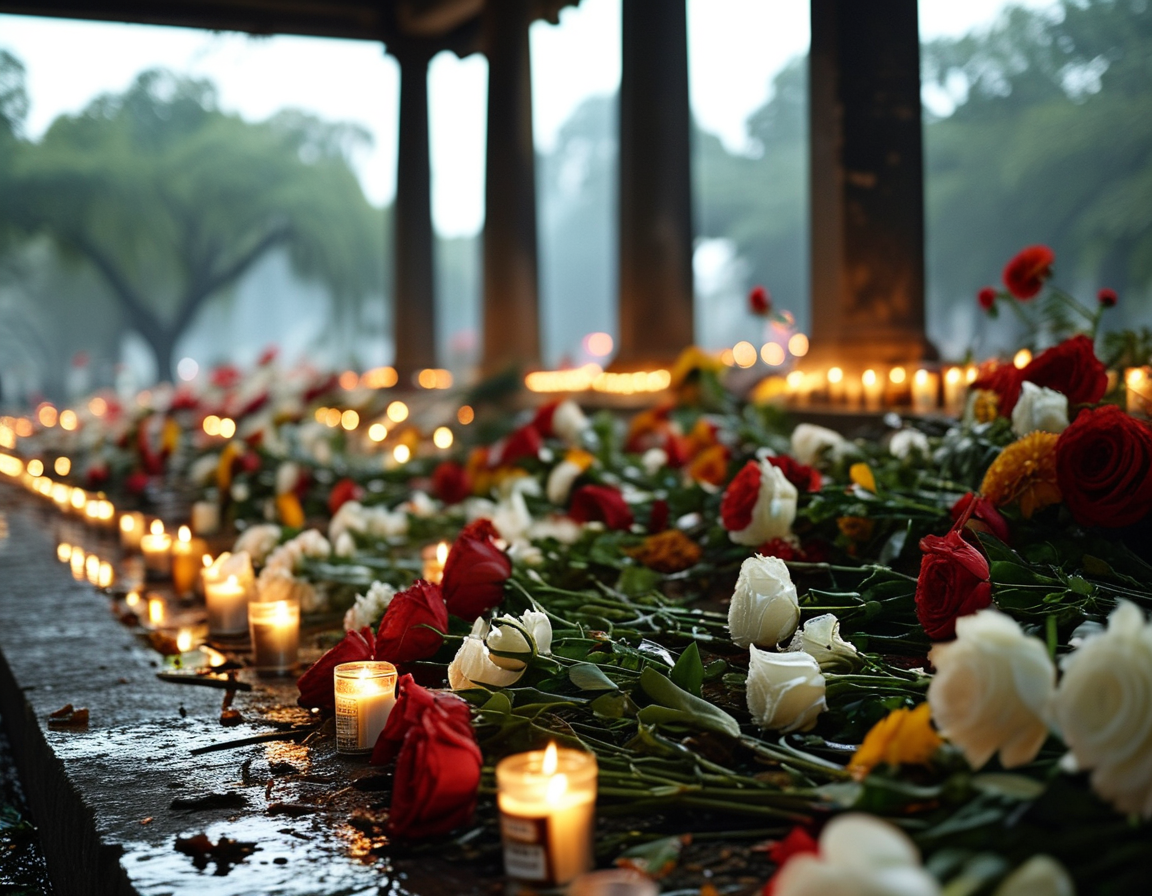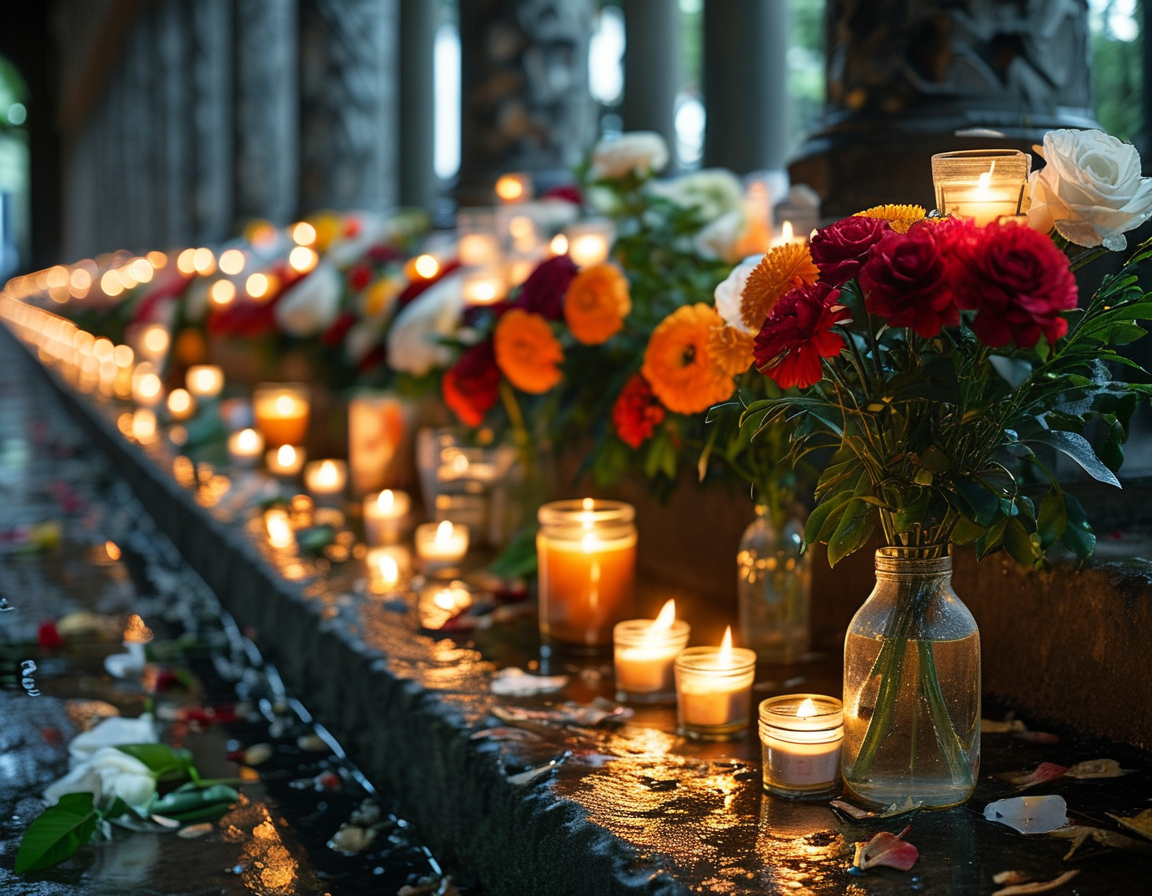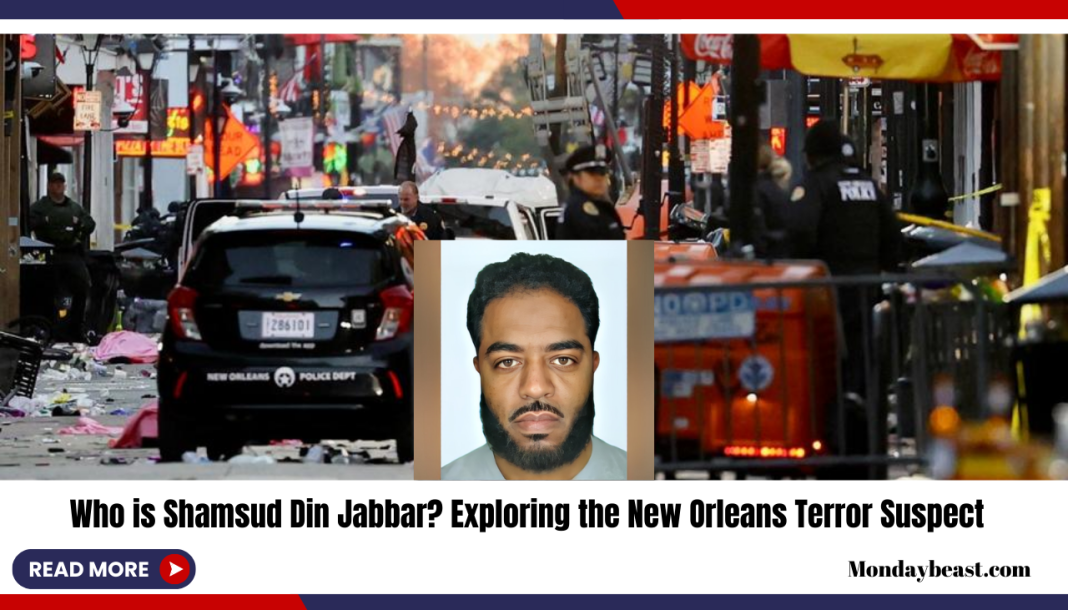Background and Identity
On New Year’s Day in New Orleans, a devastating act disrupted a joyous celebration. Shamsud Din Jabbar, the alleged perpetrator, drove his vehicle into a crowd, leaving a trail of sorrow and confusion. Who was this individual who took so many lives? The FBI quickly revealed that Jabbar was a U.S.-born citizen, residing in Texas. As communities mourn, the focus shifts to understanding his background and motivations.
Jabbar, an Army veteran, served his country from 2007 to 2015. He held roles as a Human Resource Specialist and an IT Specialist. After his active duty, he continued to serve in the Army Reserves until 2020. It’s puzzling—how could someone with such a dedicated service commit such an act? Indeed, many may struggle to reconcile his military past with this horrific event.

Behind the uniform was a man with complex personal struggles. Jabbar had two failed marriages, both relationships shaped his life profoundly. He had children from his second marriage. Regrettably, he missed child support payments, sparking questions about his responsibilities. It’s heartbreaking to consider how family issues may have intertwined with the tragedy of that day.
Marriage and Family
Jabbar’s personal life reveals a deeper story. His marriage to Nakedra Charrlle ended in 2012. Later, his second marriage concluded in 2022. The New York Times highlighted the repercussions of those failures, suggesting that relationship issues might have pushed him into a dark place. Parenting failures add layers to our understanding of Jabbar before the incident. Did these crises contribute to his decisions?
Many people know the emotional toll of marriage breakdowns. However, the transition from a loving father to a perpetrator of terror is particularly jarring. It raises broader concerns about mental health resources and support for veterans like Jabbar. How can we better help those who bear the invisible scars of service and personal loss?
Military Service and Awards

During his military career, Jabbar earned numerous commendations. He received the Army Commendation Medal and the Global War on Terrorism Service Medal. A veteran’s story typically elicits admiration, so it’s shocking to see names like Jabbar’s associated with violence. It begs the question: what happens when individuals with honorable service feel they have lost their way?
His deployment to Afghanistan could not have been easy. The trauma faced in combat can linger long after returning home. This aspect of his life cannot be overlooked while trying to comprehend his actions. Many veterans struggle with reintegration into civilian life. Unfortunately, not all receive the assistance they need.
Previous Incidents and Legal Issues
Before the New Orleans attack, Jabbar faced minor legal troubles. In 2002, he was charged with misdemeanor theft. Additionally, in 2005, he drove with an invalid license. These incidents, while minor in the grand scheme of things, illuminate cracks in his life that may have seeped into his psyche. How often do our past mistakes inform our future decisions?

His engagement with the legal system hints at possible deeper issues. Were there underlying mental health struggles that went untreated? Questions arise about responsibility and accountability when the individual has a complex history. It’s essential to acknowledge the consequences of minor infractions in the wider narrative.
The Aftermath and Broader Implications
The aftermath of the New Orleans attack has highlighted questions surrounding public safety and mental health. As more details about Jabbar emerge, communities wonder how to prevent similar tragedies. The FBI’s ongoing investigation might reveal components of a larger pattern or individual suffering. Will this incident serve as a catalyst for discussions about mental health and veteran support?
The New Year’s celebration turned into a scene of horror. Reports surfaced just days before of a tragic attack at a German Christmas market. This relentless wave of violence often puts communities on edge. As we grapple with these events, compassion must guide our actions. It’s not only about finding threats but also seeking to understand them.
Reflecting on Jabbar’s life evokes feelings of empathy. Beneath the surface, many seniors face unseen battles. Community awareness and strategic support are essential. Perhaps ensuring Jonathan’s story serves as a calling for better mental health outreach and services for veterans and families.
In conclusion, exploring the question of who Shamsud Din Jabbar was reminds us of our shared humanity. While his actions are unjustifiable, understanding their roots can help prevent future tragedies. As we search for answers, we must not forget the families impacted by the New Orleans attack, forever marked by loss.




